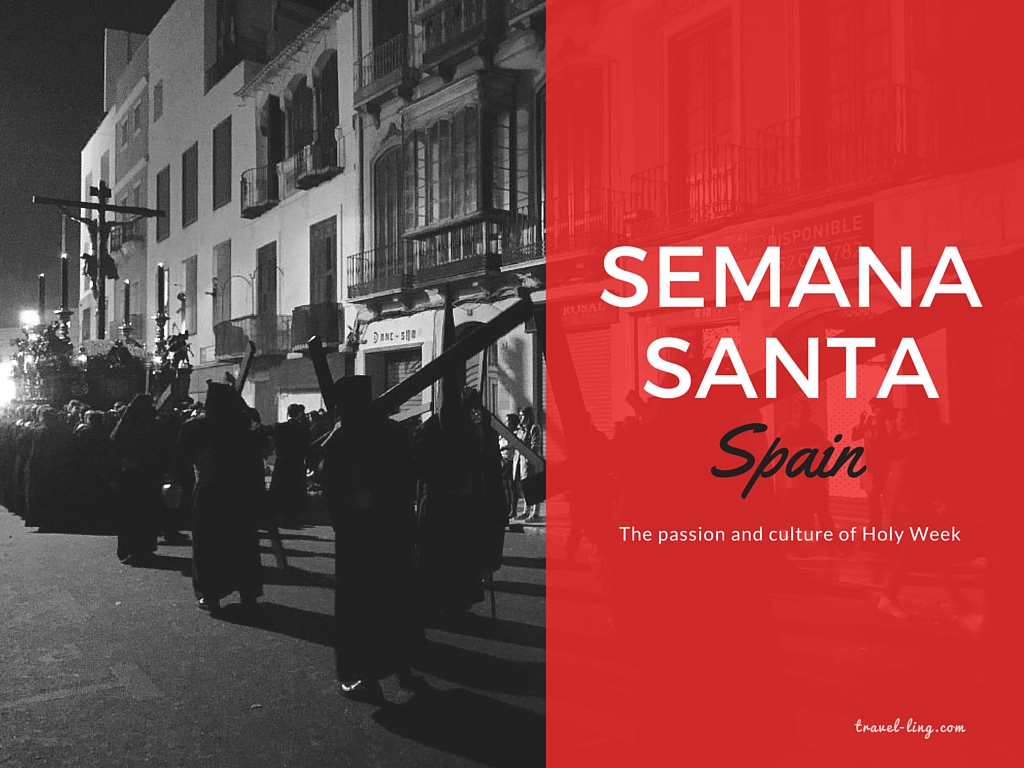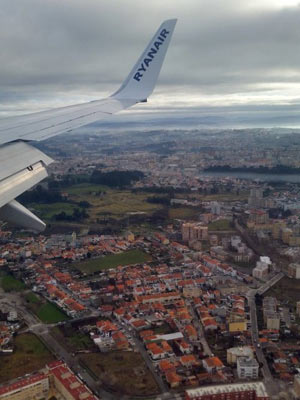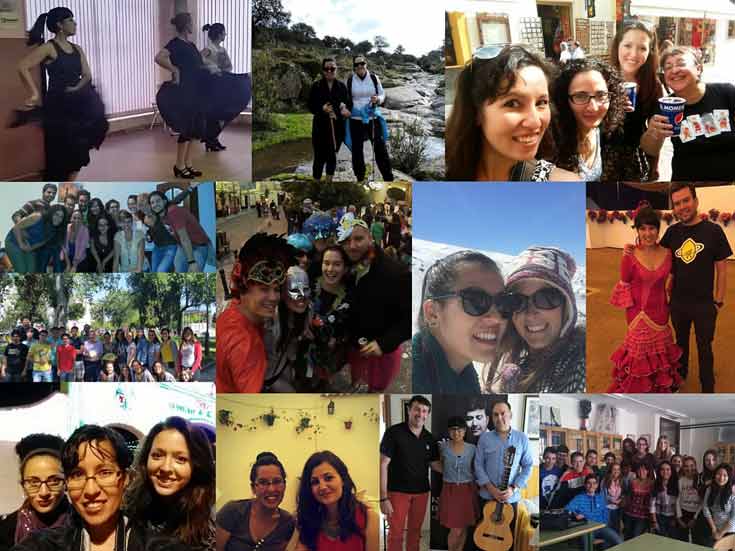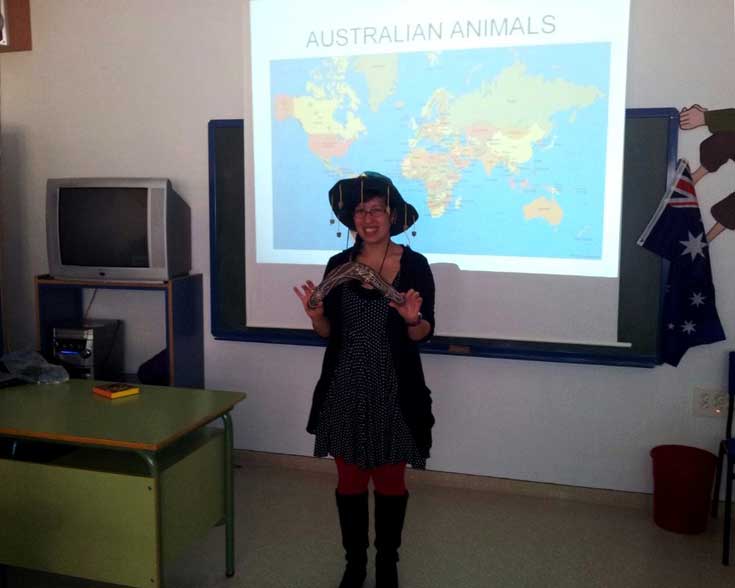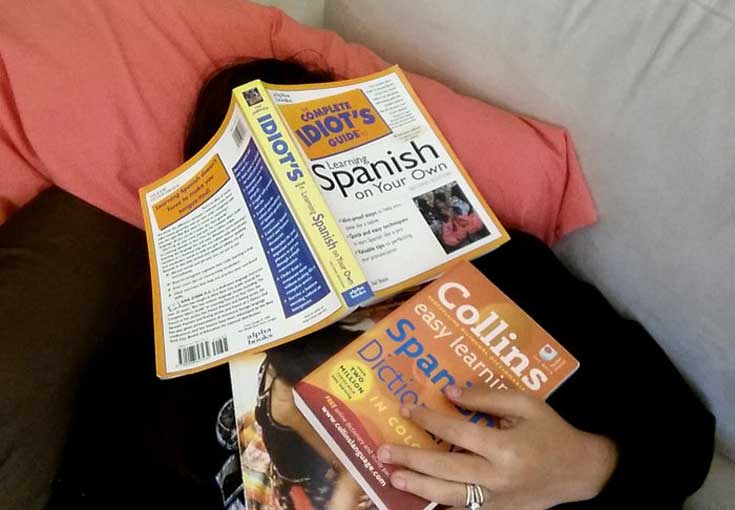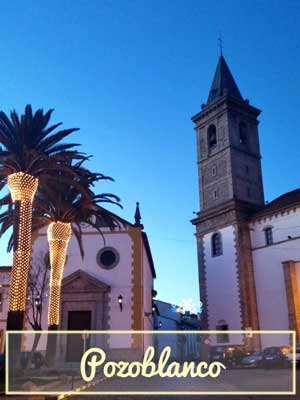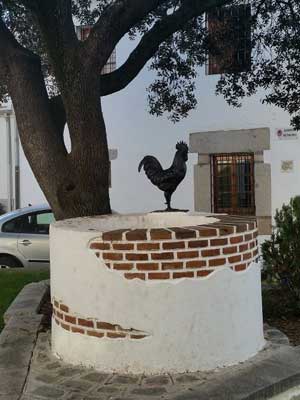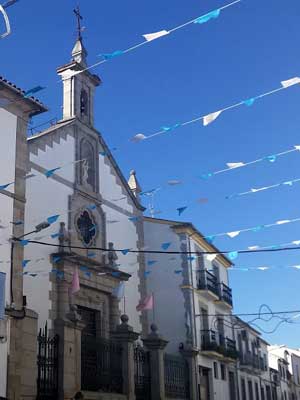4. You will be teaching in subject areas you may have no idea about
My time teaching was split between a primary school and high school. I was often placed in bilingual classes, where specific subjects were taught in English whilst you were there. In the high school, I was placed in Maths, Biology, Chemistry, Physics, History and Ethics classes. Sadly for my high school colleagues, I did not study those subjects at school (bar Maths and Biology), so had less knowledge than the kids at times (Arts majors unite!). To the disappointment of my Science Teacher, I was unable to really “teach” Physics, since the theory went way over my head. Instead, I helped with pronunciation, general knowledge of Australia and conversation practice with the students.
5. The school system (and behaviours) may not be what you are used to
Having done teaching back in Australia, I was quite shocked to learn all students call teachers by their first names and often speak over the teachers. This was more evident in high school, but generally the acceptable behaviour in the classroom was a little lower than what I was used to back in Australia. In saying that though, I’ve had my fair share of difficult classes in Australia too! They also don’t have lunch at school, but short snack breaks so they can enjoy their siesta with their family once school finishes. Oh, and kids are so open about going to the toilet! They will actually tell you they have to poo or pee instead of just asking to go to the toilet. And they often don’t bother closing the toilet doors, so you will be teaching and at times see a child, from the corner of your eye, sitting on a toilet (this is only in the primary school).
6. 3-Day Weekends!
As the program is 12 – 16 hours a week, the schools normally try to fit your timetable over four days, normally allowing you the option to choose whether to have Mondays or Fridays off. Before you decide, have a look at the academic calendar for your region to see which days the long weekends tend to fall on and then select the opposite (so then you will only have to work three days when there is a ‘puente’). If you are super lucky, your school may fit all of your contact hours to three days overall, but I hear this is becoming rarer and rarer.
7. You get more long weekends than you do back home
Spanish people love a good holiday and there are plenty going on in Spain. It seems as though every saint gets some kind of holiday here, which works out well for us as it means long weekends! What I did (and urge any keen traveller to do), was print out the academic calendar, highlight all of the public holidays and long weekends (known as ‘puentes’ in Spain) and come up with some travel plans in advance. Flights can be super cheap if you book them early enough, and you can make the most of having a few long weekends by visiting other Spanish cities or countries within Europe.


